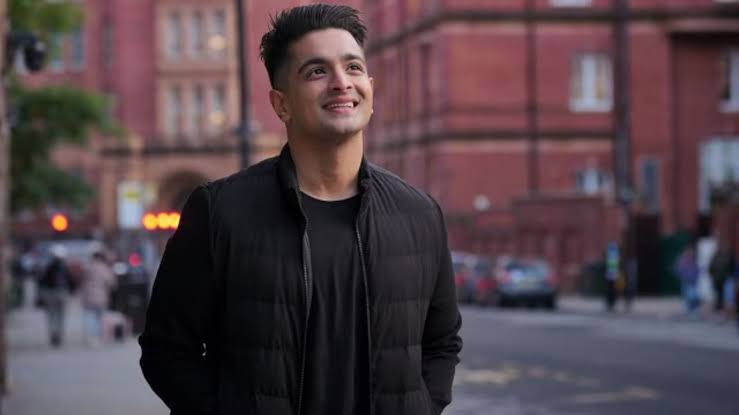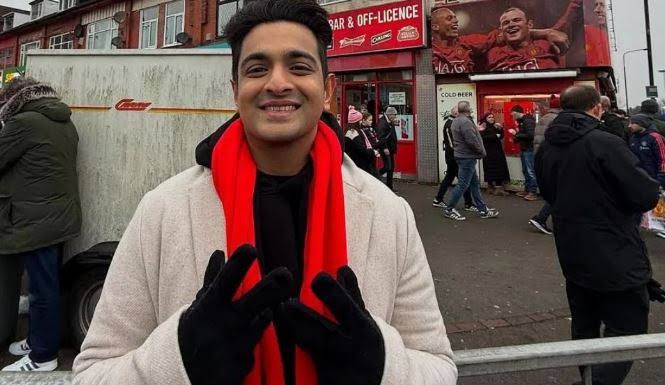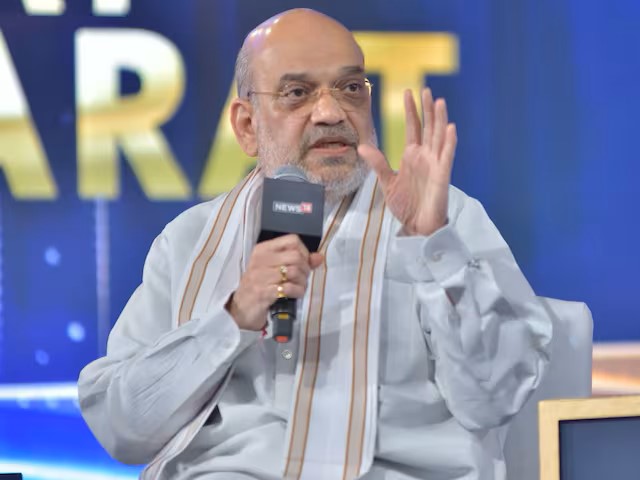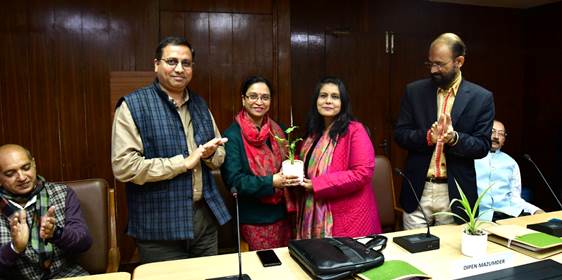The Supreme Court’s recent remarks against influencer Ranveer Allahbadia have reignited a debate on the boundaries of online content and the responsibility of digital creators. The controversy erupted over alleged offensive remarks made by Allahbadia during a YouTube show, India’s Got Latent, which led to multiple FIRs being filed against him. While the court granted him protection from arrest, its scathing criticism of his statements has fueled public discourse on the accountability of social media influencers.
 Shiv Sena (UBT) MP Priyanka Chaturvedi, who had earlier condemned Allahbadia’s comments, took to social media to call out the wave of online abuse she faced for speaking against him. She reiterated her concerns, emphasizing the influence of digital platforms on young minds and the need for stricter content regulations. Last week, she announced her intention to raise the issue before the parliamentary standing committee on information technology, questioning how vulgar and blasphemous content is often passed off as comedy.
Shiv Sena (UBT) MP Priyanka Chaturvedi, who had earlier condemned Allahbadia’s comments, took to social media to call out the wave of online abuse she faced for speaking against him. She reiterated her concerns, emphasizing the influence of digital platforms on young minds and the need for stricter content regulations. Last week, she announced her intention to raise the issue before the parliamentary standing committee on information technology, questioning how vulgar and blasphemous content is often passed off as comedy.
During Tuesday’s hearing, the Supreme Court, while shielding Allahbadia from immediate arrest, did not hold back in its observations. A bench of Justices Surya Kant and N Kotiswar Singh stated that his remarks reflected a “dirty mind” and had deeply offended many, including women and families. Despite this, the court acknowledged his legal right to protection, particularly considering the alleged death threats he has received.
The Bombay High Court lawyer Abha Singh welcomed the Supreme Court’s stance, stating that its condemnation of Allahbadia’s comments was justified. She noted that while interim relief was granted, the court’s directive for the influencer to cooperate with the investigation signals the seriousness of the matter.
In addition to prohibiting further FIRs against Allahbadia over the incident, the court imposed strict conditions on him. He has been ordered to surrender his passport to the Thane police and cannot leave the country without prior court approval. Furthermore, the court has temporarily barred him and his associates from airing any additional episodes of the controversial show until further notice.
The ruling has sparked mixed reactions. Supporters of free speech argue that creators should not be censored beyond legal limits, while others believe stricter content moderation is essential to prevent offensive material from gaining traction. The debate over the role of influencers, their social responsibilities, and the ethical limits of digital content continues to evolve, with this case serving as a critical test of where the line should be drawn.




